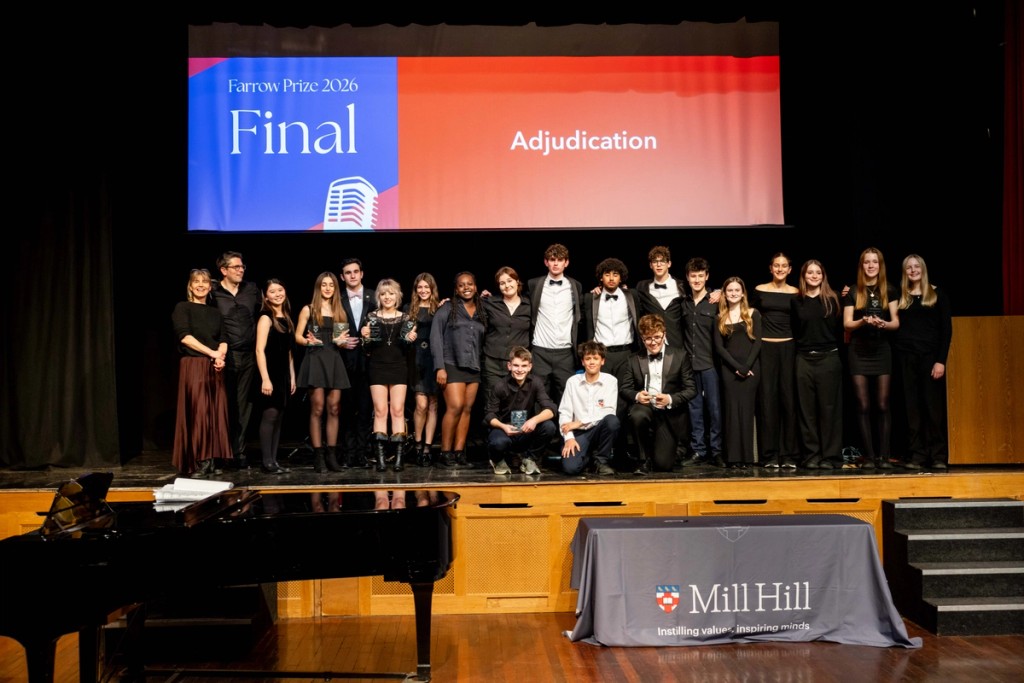Mill Hill School is London's leading day & boarding school for pupils aged 13-18. Set in 70 acres of beautiful grounds.

Welcome to Mill Hill
A warm welcome to Mill Hill, one of the UK’s best known and most reputable independent schools. Founded in 1807 by non-conformists, our original mission was to offer an excellent education to young people irrespective of their background, and to do so close to London but away from the pressures of the inner-city. Two hundred years on this belief in excellence, innovation and providing a ‘London in the Countryside’ feel is still central to our work.
As our recent results and ISI inspection show, Mill Hill is an outstanding institution which, in many areas, leads the independent sector. We are fully co-educational with 900 pupils in total, 100 of whom are boarders. We are proud to be the flagship school of the Mill Hill Education Group – the UK’s fastest growing, not-for-profit group of independent schools.
We hope you enjoy clicking around our website, where you will find detailed information on our results, curriculum, pastoral support and co-curricular offer. There is no substitute for a visit however, so do feel free to book in for one of our regular tours here.
With best wishes,
David Benson
Head
Watch our #MillHillMoments film
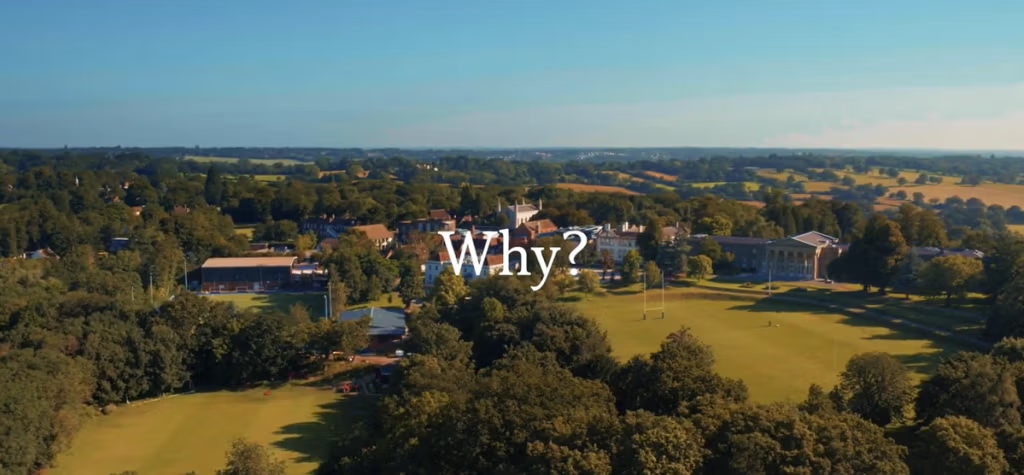

Why choose us?
At Mill Hill Senior School, your child will be offered the chance to excel in so many areas. We encourage every child to embrace challenge, to understand that success comes from hard work and persistence, and that failure is not the end. We will teach them a positive mindset and help develop thoughtful, motivated and responsible young people with a global outlook.
When a child joins Mill Hill Senior School, they will become equipped with everything they need to thrive and find their own path to happiness now, and in the future.

Our School Values:
Excellence
Resilience
Integrity
Good Schools Guide Review 2025
We are pleased to share our latest Good Schools Guide review.
The review reads extremely well and pupils and staff can be rightly proud of the report.

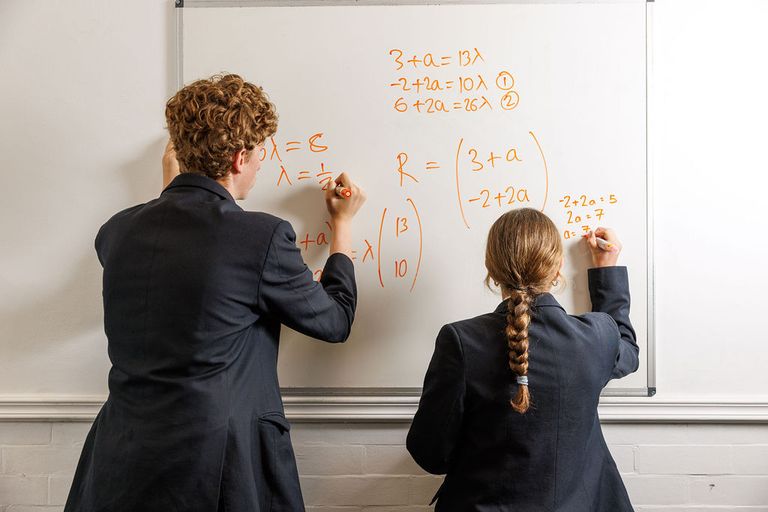
1729 Maths School
The UK's first specialist maths secondary school.
Mill Hill Schools were delighted to have been selected to launch 1729 Maths School, a school initiated and funded by major supporters of maths education and research in the UK. 1729 Maths School will be based across both the Belmont and Mill Hill School campus and is focused on developing world-class mathematical talent – we are currently welcoming families to register interest for Year 7 and Year 9 entry in September 2026.
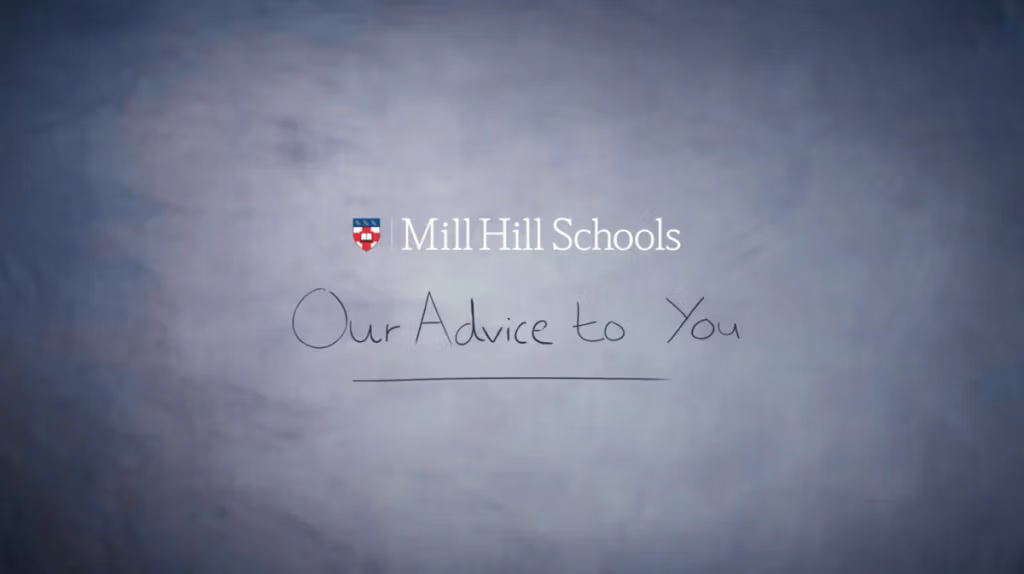
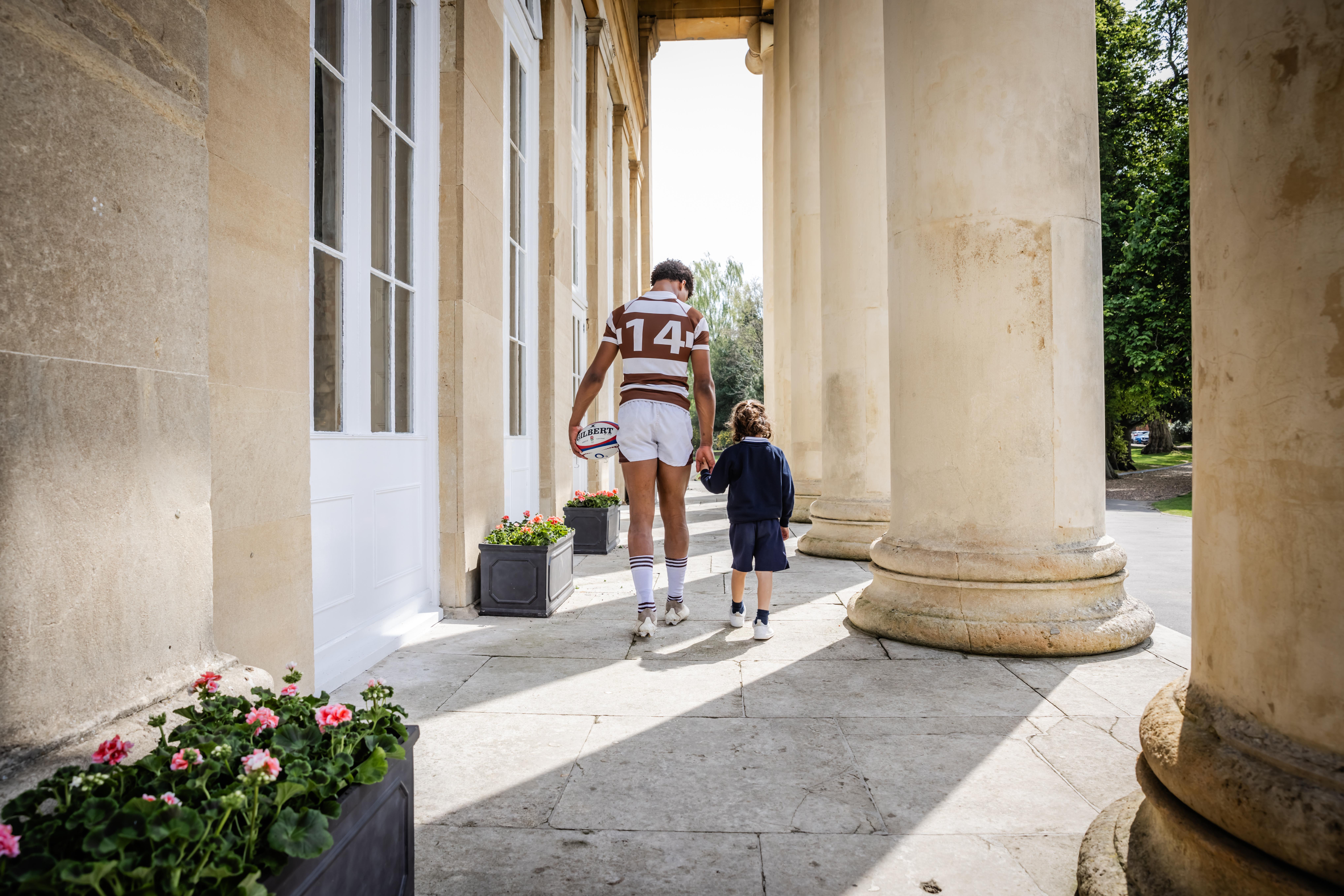
Community feel, global reach.
Our collection of schools within the Mill Hill Education Group spans from London and the surrounding areas to as far as Thailand. With over 250 acres of scenic grounds across all our locations, there is plenty of room for woods, fields, sports pitches and much more, providing pupils with plenty of space to grow. We are proud to offer an outstanding education across all our schools.
Where Next?










